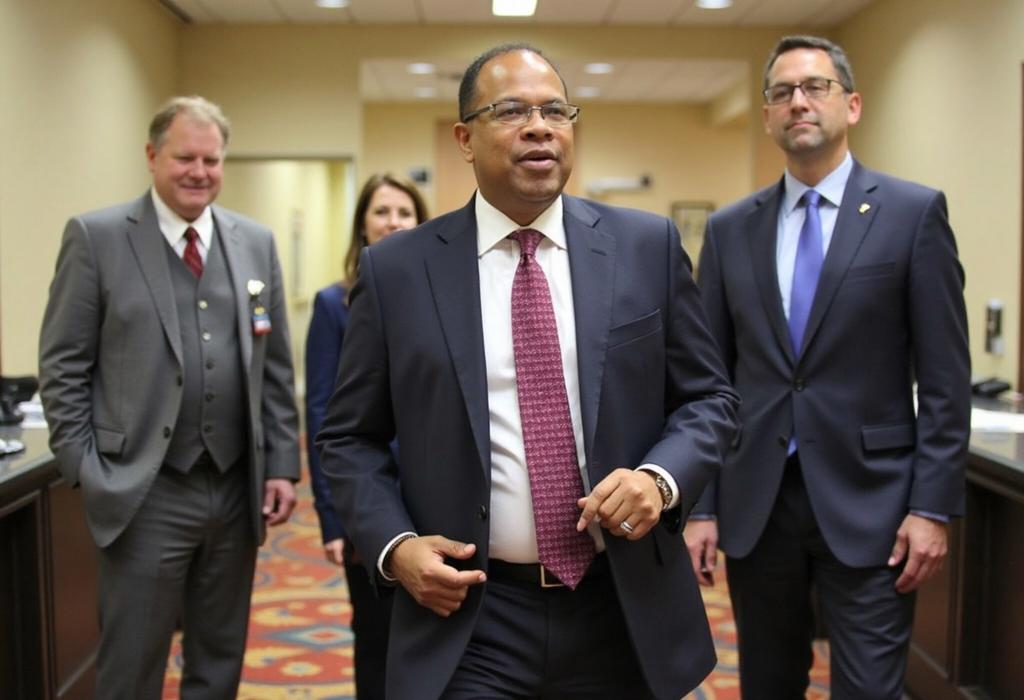In a highly debated move, Governor Greg Abbott's administration has advanced legislation allowing parents to utilize taxpayer money for private schooling through education savings accounts. With a projected budget of approximately $1 billion, this initiative could impact about 100,000 students. Last week, the Texas House successfully passed the bill after extensive discussions, marking the first significant stride towards Abbott’s long-sought policy goal. The Senate has indicated support for the House's revised version, which could lead to final approval soon.
Teacher advocates and various groups concerned about public education potential repercussions are vocal against this plan, often citing it as a substantial threat to public school funding, especially in underprivileged communities. Representative James Talarico and others have pointed out that such vouchers could exacerbate socioeconomic divides, referring to them as a potential 'private voucher scam' that undermines public education.
However, proponents within the legislature argue that this initiative provides families with choices and opportunities. The Senate has confirmed a streamlined process for advancing the bill to Abbott's desk, emphasizing its status as a top priority for the session.
Abbott's commitment to implementing school choice has been bolstered by previous electoral gains against anti-voucher lawmakers, indicating a shift in Texas politics toward embracing such educational reforms. Meanwhile, opposition from Democrats persists, highlighting the legal challenges anticipated following the bill’s likely passage. This issue may continue to affect political dynamics as forthcoming elections may reframe public perception and support for public schools in Texas.
Critics argue that many parents may find the vouchers insufficient to bridge the tuition gap for private education, with average private school tuition exceeding the proposed voucher amounts. The outcome of this legislation will be significant not just for Texas but could also set a precedent impacting school funding arcs in other states amidst rising debates regarding educational reform in the aftermath of the Trump administration’s federal initiatives encouraging school choice nationwide.
AD
AD
AD
AD
Bias Analysis
Bias Score:
75/100
Neutral
Biased
This news has been analyzed from 13 different sources.
Bias Assessment: The reporting exhibits a clear bias against the school choice initiative, reflecting concern primarily through the lens of public education advocates while also presenting the voices of dissent adequately. Arguments presented lean heavily towards the negative implications of the proposed legislation, with language that casts doubt on its potential benefits. The heavy focus on opposition voices combined with the framing of the legislation as harmful implies a strong editorial slant against the policy. However, it does acknowledge arguments from proponents, which tempers the overall score.
Key Questions About This Article




